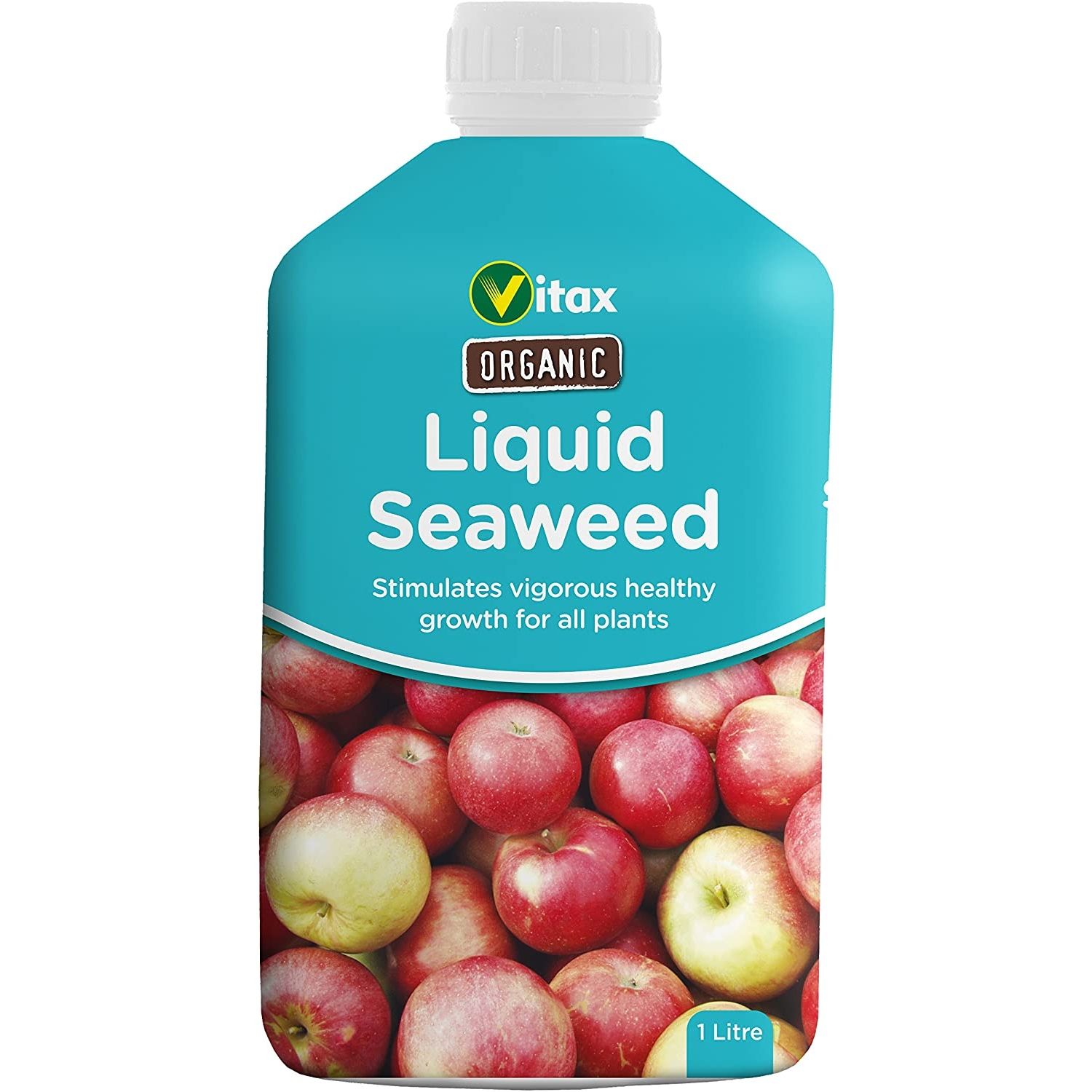

If you brew your own coffee or tea, you’re in luck, because coffee grounds and tea leaves are a pretty decent source of nitrogen, potassium, and phosphorus for your plants. Worm farm are quite beneficial but be sure to look out for worm infestation as this may be quite challenging to handle. Most worm farms have a separate reservoir for this liquid and a tap to make it easy to collect. Run water through it once a week to make sure it stays moist and use the “worm tea” that collects on the bottom layer to fertilise your plants. Simply set up your worm farm and feed it with fruit and vegetable waste (no onions, pineapple, or citrus), newspaper, cardboard, eggshells, and coffee grounds. Worms are wonderful at breaking down organic matter and enriching the soil, and if you don’t have enough waste or space to have a compost bin, you can have a worm farm instead. You can run water through it to help release any excess salts or moisten it up before adding it to your compost heap or mixing it with soil before digging it into your beds. You can use manure from cows, chickens, goats, sheep, and even horses. Some places you can get it for free, others sell it for cheap as chips ($1-2/ big bag). Take a drive to a local farm (or make a day trip if you’re in the city) and pick up some raw animal manure. Similarly, be sure to carefully clean the herbs and vegetables you grow using manure. Unfortunately, waste from dogs and cats just won’t work.Ĭomposted manure is rich in the nutrients that plants love, with sheep and goat manure being especially high in nitrogen and potassium, and cattle manure being a more balanced fertiliser containing all necessary nutrients.ĭue to its organic nature, it’s safe to work into your soil, although you should wear gloves and wash yourself thoroughly after working with it. Not all animal manure can be used, and it’s recommended that your manure comes from animals that eat grains, plants, or grass. Manure is one of the best ways to make your soil more fertile and improve plant growth. Your lawn will still do well on a garden fertiliser but will be better off if you use a lawn fertiliser. They also often contain weed killers to help prevent the types of weeds that tend to grow in lawns, like bindii, lambs’ tongue, and nutgrass. The best fertiliser for lawns will be specifically designed to promote green growth and disease resistance and will have a high ratio of nitrogen and potassium but much less phosphate. Grass, however, has different nutrient needs, as you want it to have strong leaf growth, but there’s no need to promote flowering or seeding. On the label, it will usually be called a 10-10-10 fertiliser for this reason. It will usually be a mix of equal amounts of nitrogen, phosphate, and potassium, which helps promote green growth, flowers, and fruiting. Garden fertiliser is an all-purpose fertiliser or balanced fertiliser that will work on most plants that don’t have unique nutrient needs. These are often referred to interchangeably but are different products.


 0 kommentar(er)
0 kommentar(er)
